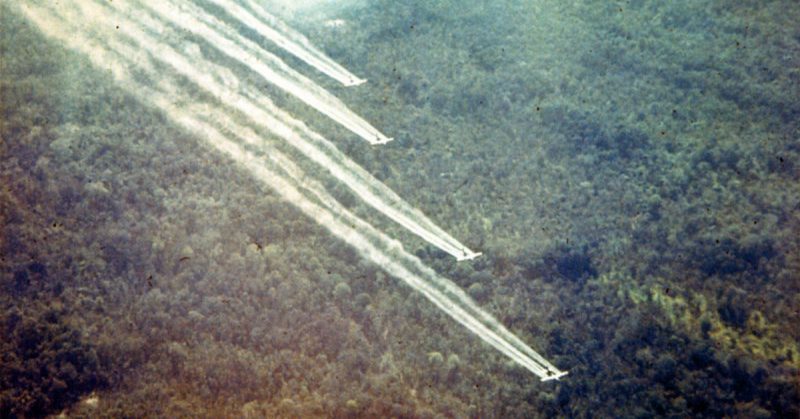A recent ruling by a U.S. appeals court has paved the way for thousands of Vietnam veterans to receive benefits that they were barred from claiming in the past. The claims for disability benefits by veterans were based upon the premise that their exposure to the cancer-causing chemical Agent Orange were valid even though they had served off the coast of Vietnam instead of on land.
Agent Orange was a defoliant used extensively during the Vietnamese War to decimate the jungle, making it easier to find the enemy. Exposure to this toxic chemical has caused many rare and serious cancers.
This new ruling is a significant victory for the so-called “blue water” veterans that served in the U.S. Navy during the Vietnam War. For years they have battled the Department of Veterans Affairs which strenuously supposed any attempt to overturn their decision that there is no scientific proof that Agent Orange caused their cancers.
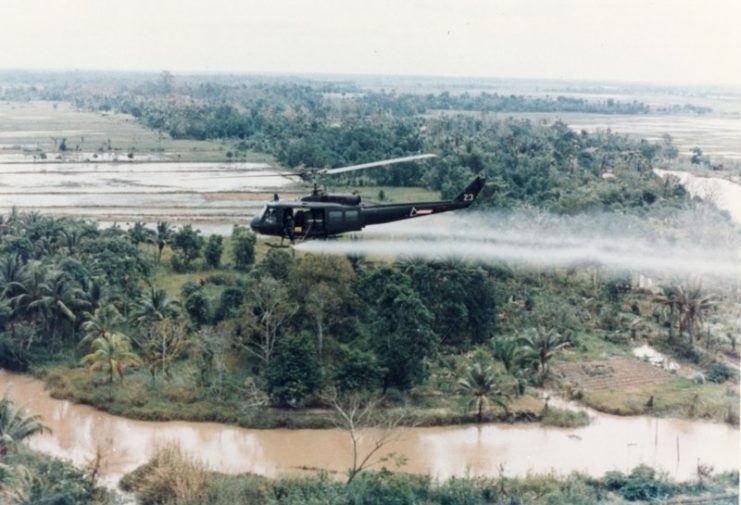
Legislation was introduced to Congress last year that would have granted presumptive status to naval personnel, but a group of senators blocked this legislation. This disappointment did not stop those supporting the veterans’ rights, and they took the matter to court.
The U.S. Court of Appeals for the Federal Circuit voted 9-2 in a recent judgment which overturned previous court rulings that had supported the VA on this issue. The court ruled that there was never any intention by Congress to exclude those servicemen that served in the Navy around the coast of Vietnam when they ruled to award presumptive benefits for illnesses thought to have been caused by exposure to Agent Orange.
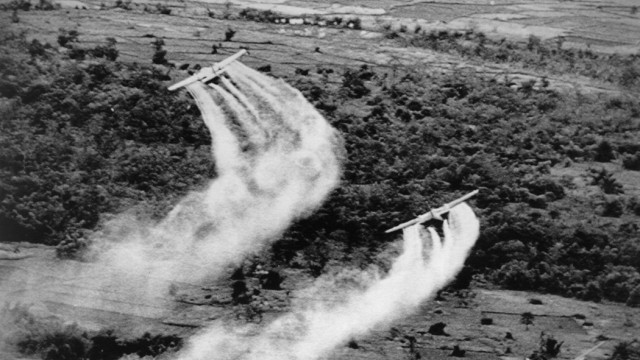
Under current rulings, the naval personnel are entitled to receive medical care for their illnesses through the Veterans Administration, but in order to be paid disability benefits—that can amount to many thousands of dollars every month—they must prove that the disease from which they are suffering is directly connected to exposure to toxic chemicals while on duty.
This is different from the cases of servicemen who served on land and therefore do not have to prove the causal link. There is a presumption that they were exposed to Agent Orange and are therefore entitled to disability benefit.
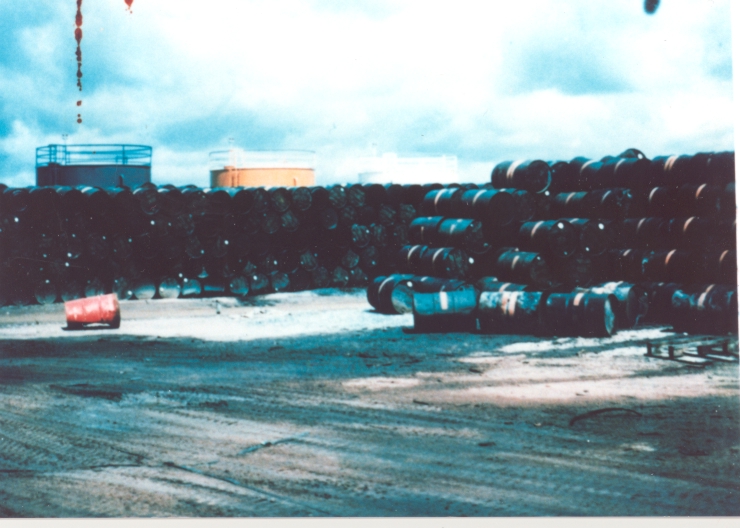
This means that a veteran serviceman who served on shore, and later developed a severe disease such as cancer or Parkinson’s Disease, would be automatically entitled to disability pay through a presumption of the link between the chemical exposure and the disease. His fellow naval veteran on the other hand would have to provide conclusive proof of the relationship between the toxic chemical and his illness to claim the same benefit.
Those lobbying to have the rulings changed based their case on the fact that so much time has passed since the end of the war, trying to prove this link is almost impossible and therefore unfairly disadvantages the naval veterans. The federal judges agreed with this claim.
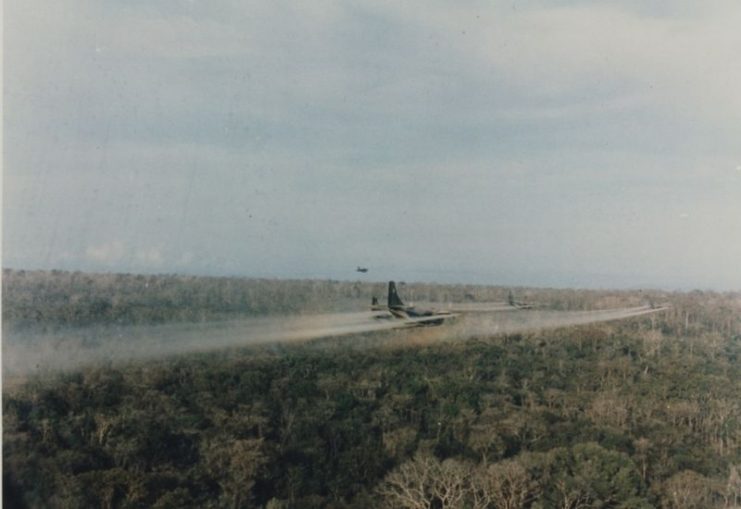
The ruling stated, “These statutes cast no doubt on our conclusion that, by using the formal term ‘Republic of Vietnam,’ Congress unambiguously referred, consistent with uniform international law, to both its landmass and its 12-nautical-mile territorial sea.”
The ball is now in the court of the Veterans Administration. They have 90 days in which to launch an appeal and to find out if the court will listen to the appeal.
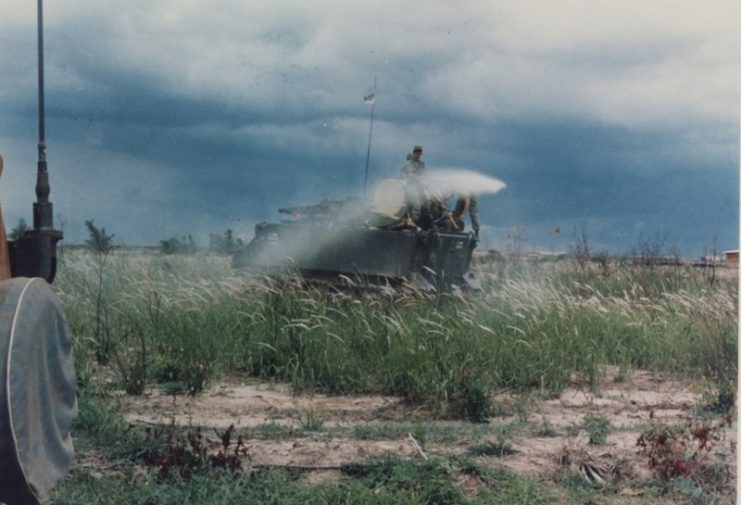
If they decide not to appeal or the court refuses them the right to appeal, thousands of “blue water” vets will be entitled to apply for their disability payouts this year. For the estimated 90,000 naval veterans this is a long overdue ruling for benefits they should have received years ago.
The response was elation from the advocates that have been fighting for this judgment for many years. John Wells, the executive director of Military-Veterans Advocacy and a retired Navy commander, whose organization assisted the vets with their lawsuit, said that they would work with the VA to ensure the ruling is implemented with as little pain as possible while ensuring that the vets receive all to which they are entitled.
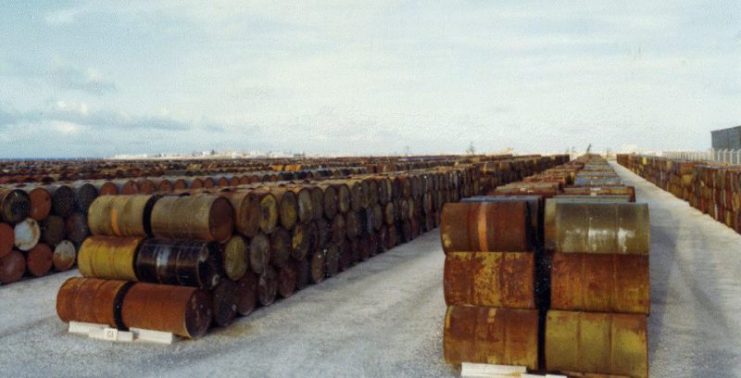
Bart Stichman, another advocate for the case who is the executive director of the National Veterans Legal Services Program, said that the ruling righted a wrong and a terrible injustice to those men that were exposed to Agent Orange off the coast of Vietnam.
Curt Cashour, a spokesman for the Veterans Administration, said that the department was studying the ruling and would determine an appropriate response.
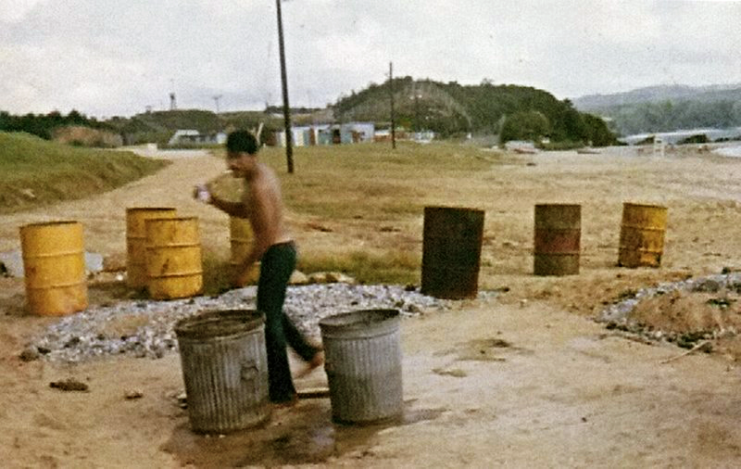
The ruling has placed additional strain on Congress. They will have to move fast to pass legislation to bring the court’s decision into effect. Budget Office officials in Congress have estimated that these benefits could cost the American taxpayer around $1.1 billion over the coming ten years, while the VA claims that the cost will be closer to $5.5 billion.
The legislation to allow for these payments is stalled as lawmakers argue whether new fees raised on home loans could be used to fund the benefits.
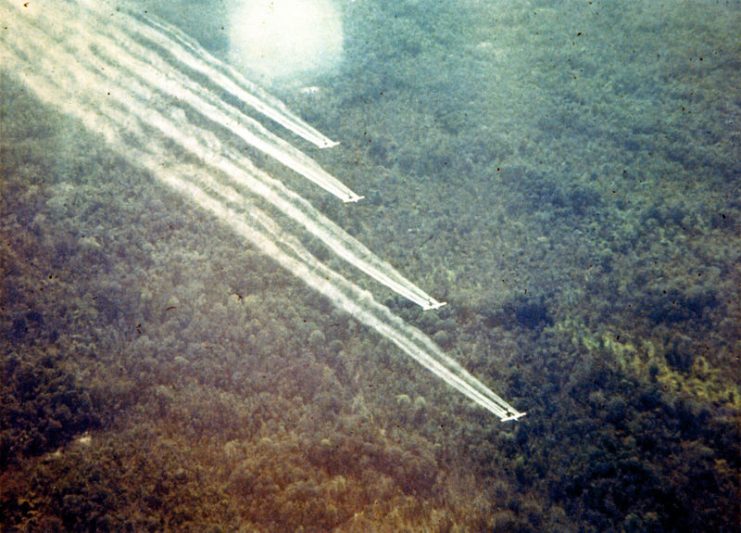
If there is no challenge to the court ruling, the VA would have to pay the benefits irrespective of where the funding is found. This will place a severe strain on the VA’s current funding.
To read the full decision, visit the appeals court website.
The chairmen of the House and Senate Veterans’ Affairs Committees have said that they will work to ensure the necessary legislation is passed, and they will also work closely with the VA to ensure the benefits are passed on to those that need them.
